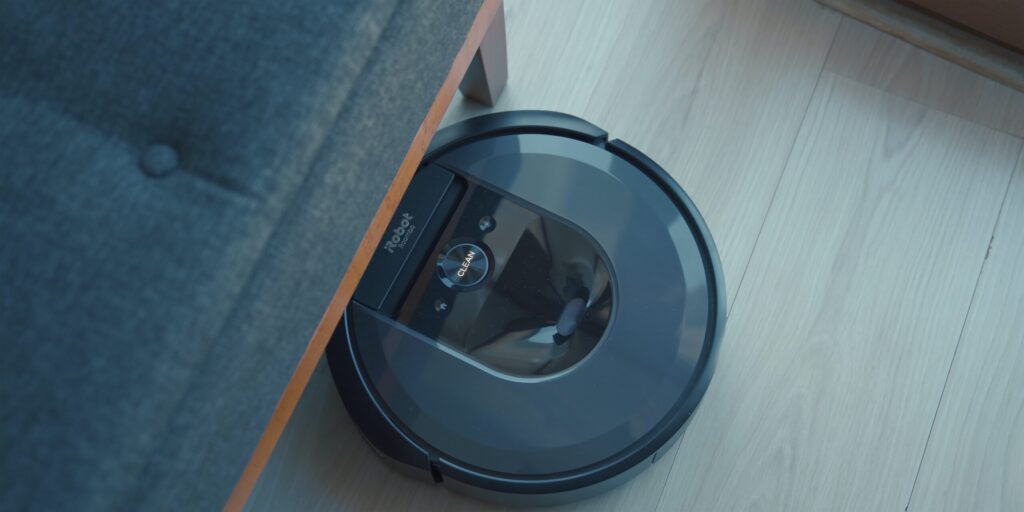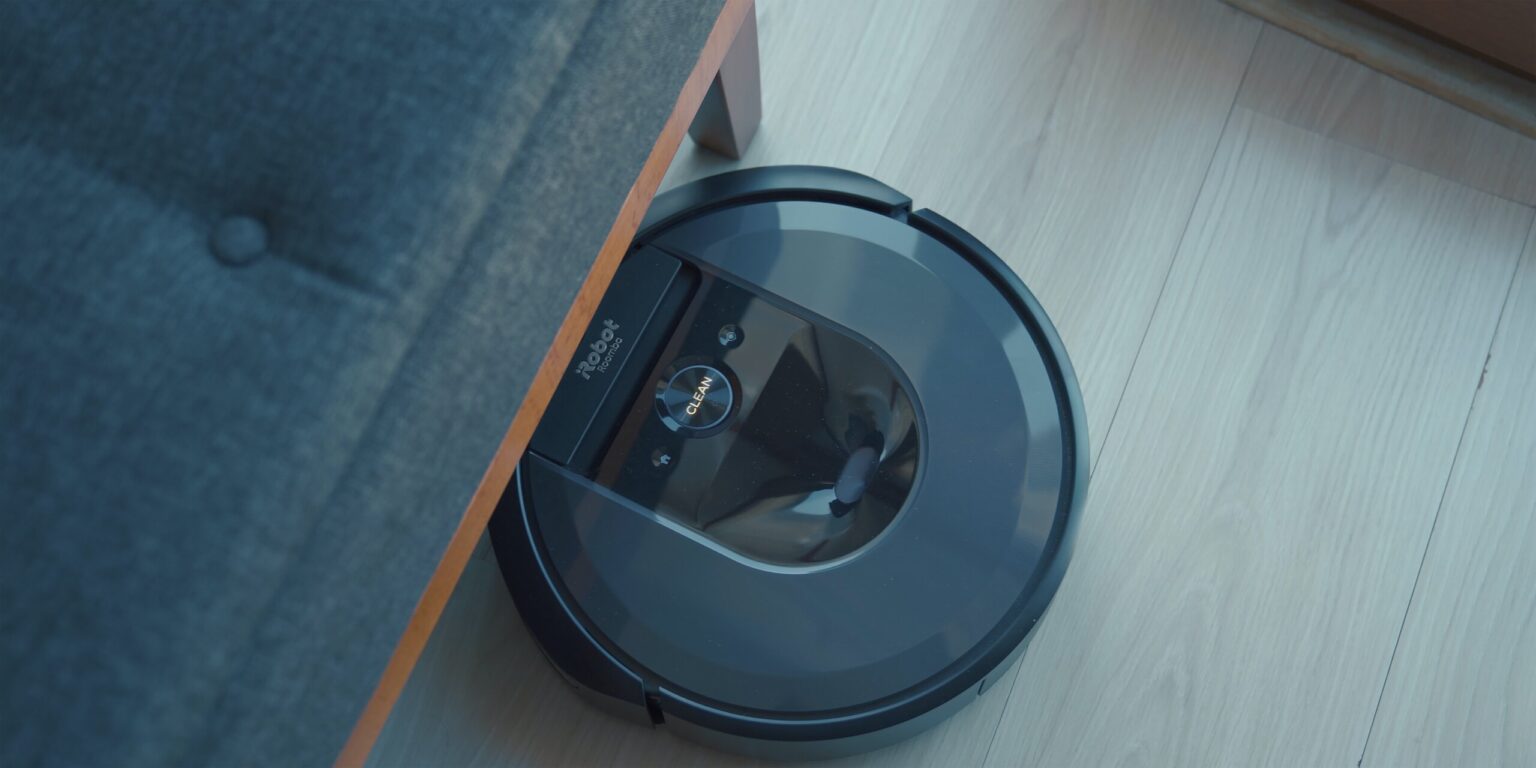The European Commission has initiated an extensive antitrust investigation into Amazon’s proposed acquisition of iRobot, a leading smart vacuum manufacturer.

This move by the European Union (EU) comes after the United Kingdom’s antitrust regulator approved the acquisition, highlighting the divergent views on the potential impact of the deal. The investigation aims to evaluate whether the transaction would impede competition and further solidify Amazon’s position as a dominant online marketplace provider.
The European Commission’s Concerns
The European Commission announced on Thursday that it has launched an in-depth inquiry into Amazon’s planned acquisition of iRobot. One of the key concerns is the potential restriction of competition in the market for robot vacuum cleaners. The Commission worries that the deal could grant Amazon the ability to manipulate search results in favor of iRobot, disadvantaging competitors such as Shark and Dyson when marketing to Amazon’s vast user base.
“Amazon is both an online marketplace and a retailer. We are concerned that, by acquiring iRobot, Amazon may use such dual role to foreclose access by iRobot’s rivals to its marketplace. With our in-depth investigation, we will also investigate whether Amazon would use data collected by iRobot to strengthen its position as online marketplace provider. We want to ensure that the acquisition of iRobot by Amazon does not have a negative impact on businesses and consumers, by distorting competition on the relevant markets.” Margrethe Vestager, Executive Vice-President in charge of competition policy.
Another significant concern raised by the Commission pertains to Amazon’s access to iRobot user data. The Commission fears that such data could provide Amazon with a competitive advantage over its rivals, potentially creating barriers to entry and expansion for current and future competitors.
The European Commission’s Authority
Similar to its counterpart in the United States, the Commission possesses the authority to block the proposed acquisition. In this case, the European Commission can halt the deal if it determines that it would have negative consequences for competition. It is important to note that iRobot’s stock remained relatively unchanged following the announcement of the probe.
Background and Implications
Amazon’s pursuit of the iRobot acquisition is part of the company’s broader strategy to expand its presence in the smart home market. Last year, Amazon announced the $1.7 billion deal as a means to diversify its portfolio of smart devices, which already includes the popular Alexa voice assistant, smart thermostats, security devices, and wall-mounted smart displays.
The acquisition has faced scrutiny from various antitrust regulators worldwide, reflecting growing concerns over Big Tech’s acquisition of smaller competitors. Regulators are increasingly worried about the concentration of vast amounts of data in the hands of a few dominant companies, as well as the potential exploitation of their market dominance to enter new markets.
Collaboration with Other Competition Authorities
The European Commission has highlighted its close cooperation with other competition authorities throughout the investigation process. This collaboration aims to ensure a comprehensive assessment of the potential impact of the acquisition. It is essential to emphasize that the initiation of an in-depth inquiry does not prejudge the ultimate outcome of the investigation.
Amazon’s Response
An Amazon spokesperson stated that the company is committed to working through the European Commission’s process and addressing any concerns or questions that arise during the investigation. Amazon believes that the deal could offer iRobot the resources necessary to accelerate innovation, invest in critical features, and potentially lower prices for consumers.
